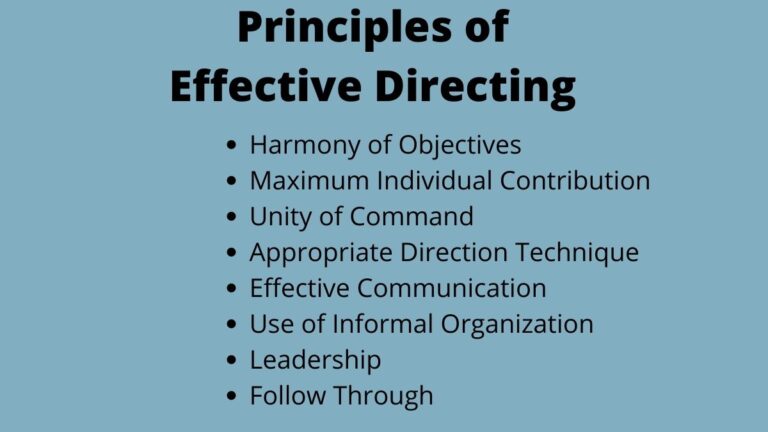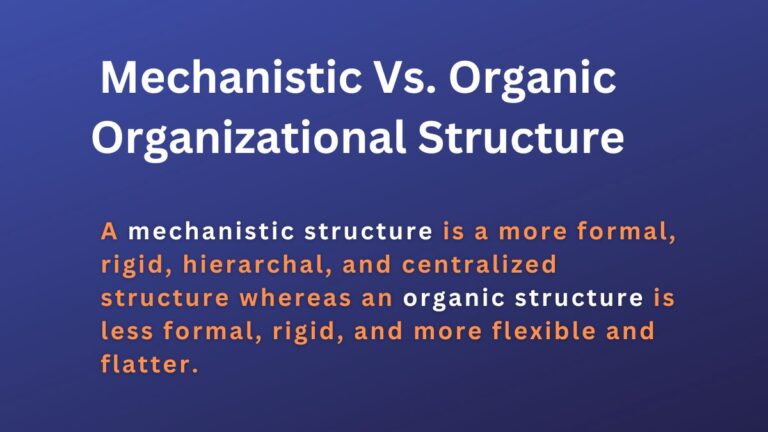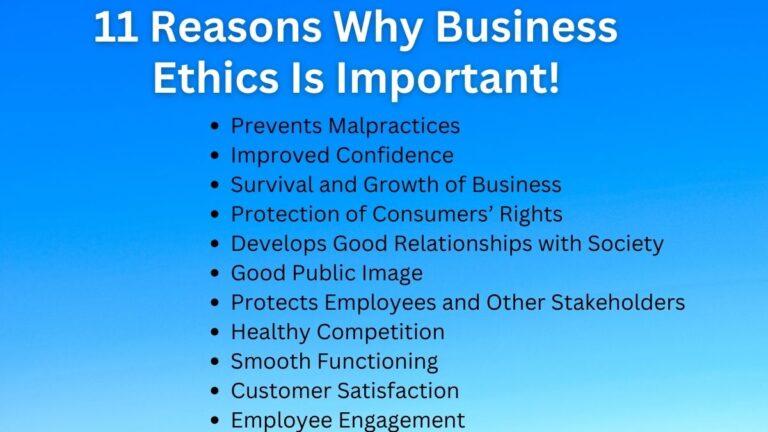What is Organizational and Personal Decision? [Explained]
What is Organizational and Personal Decision?
An organizational decision is when a manager makes any decision on behalf of the organization. Whereas, a personal decision is when a manager takes one that does not affect the company’s performance.
Let’s discuss individually, the organizational and personal decisions.
What is Organizational Decision?
An organizational decision can be defined as a decision that a manager makes in his official capacity considering the organization’s goals and objectives. In such decisions, managers have to consider their official authority before coming to any final choice.
The organizational decision is also called a formal or official decision. In such decisions, managers make choices for the prosperity of the company. They have to fulfill all the official procedures, systems, and formalities while making any choices.
Such decisions are delegative in nature. The manager or decision maker defines line authority for such decisions and is implemented directly for organizational betterment. And, when required they can be easily delegated to subordinate officials.
Some examples of organizational decisions include.
- Making new incentive plans.
- Job design.
- Transferring of employees.
- Decisions related to the promotion.
- Appointment of new staff.
- Allocation of resources, etc.
What is a Personal Decision?
Against organizational decisions, managers also make decisions in their personal capacity that have no impact on the regular performance of the organization is known as a personal decision.
The personal decision is informal in nature. The decision-maker uses his personal skills, knowledge, and capacity to make decisions that are based on his personal interests, desires, and needs.
Related: Types of Decision Making
Such personal decisions can not be delegated to others. Managers themselves are responsible for the outcomes of such choices whether the outcome will be bad or good. Such decisions only affect the decision maker’s personal life, not the organization’s life.
Examples of the personal decision include,
- Voluntary retirement from the service.
- Rejection of promotion.
- Refusing bonuses.
- Refusing offers to go abroad for higher education, etc.
Difference Between Organizational and Personal Decisions
Organizational decisions are formal or official decisions whereas personal decisions are informal or unofficial decisions. The difference between organizational and personal decisions can be pointed out through the following bases.
Definition
Organizational decision refers to a decision that is taken within an official capacity and is implemented for organizational betterment. Organizational decisions have a direct impact on the performance of the organization.
Personal decision refers to a decision that is taken within the organization but with his/her i.e. decision maker’s personal capacity that does not affect the company’s regular activities.
Nature
The organizational decision is formal in nature whereas the personal one is informal in nature.
Related: Individual and Group Decision
Impact
Organizational decisions directly affect the performance of the organization. When such decisions are right and implemented effectively the desired goals can be effectively achieved and vice versa.
Personal decisions do not affect the performance of the organization. Managers or employees might tazke several personal decisions during their working tenure but such choices do not impact the organization’s regular work.
Delegation
The organizational decision can easily be delegated to other employees or officials according to time, situation, and necessity. This ensures continuity in the implementation of such decisions.
Personal decisions can not be delegated to others. The implementation of such a decision can also only be done by the decision maker.
Read Next: Steps in Making Decision
Sajan Kushmi is a content writer with more than 4 years of experience. He holds BIM Degree. He write on the topics related to Management, Marketing, and Entrepreneurship.





